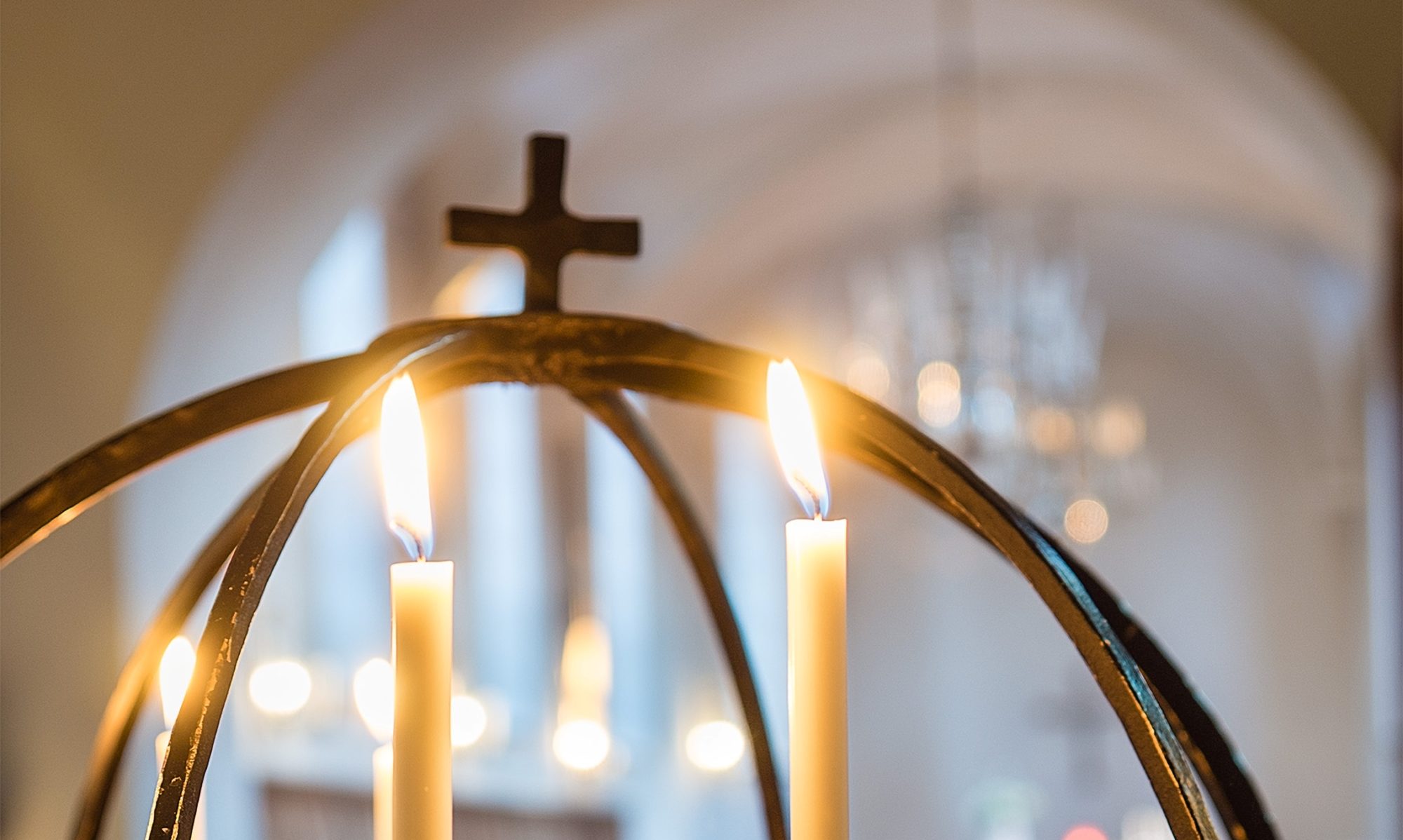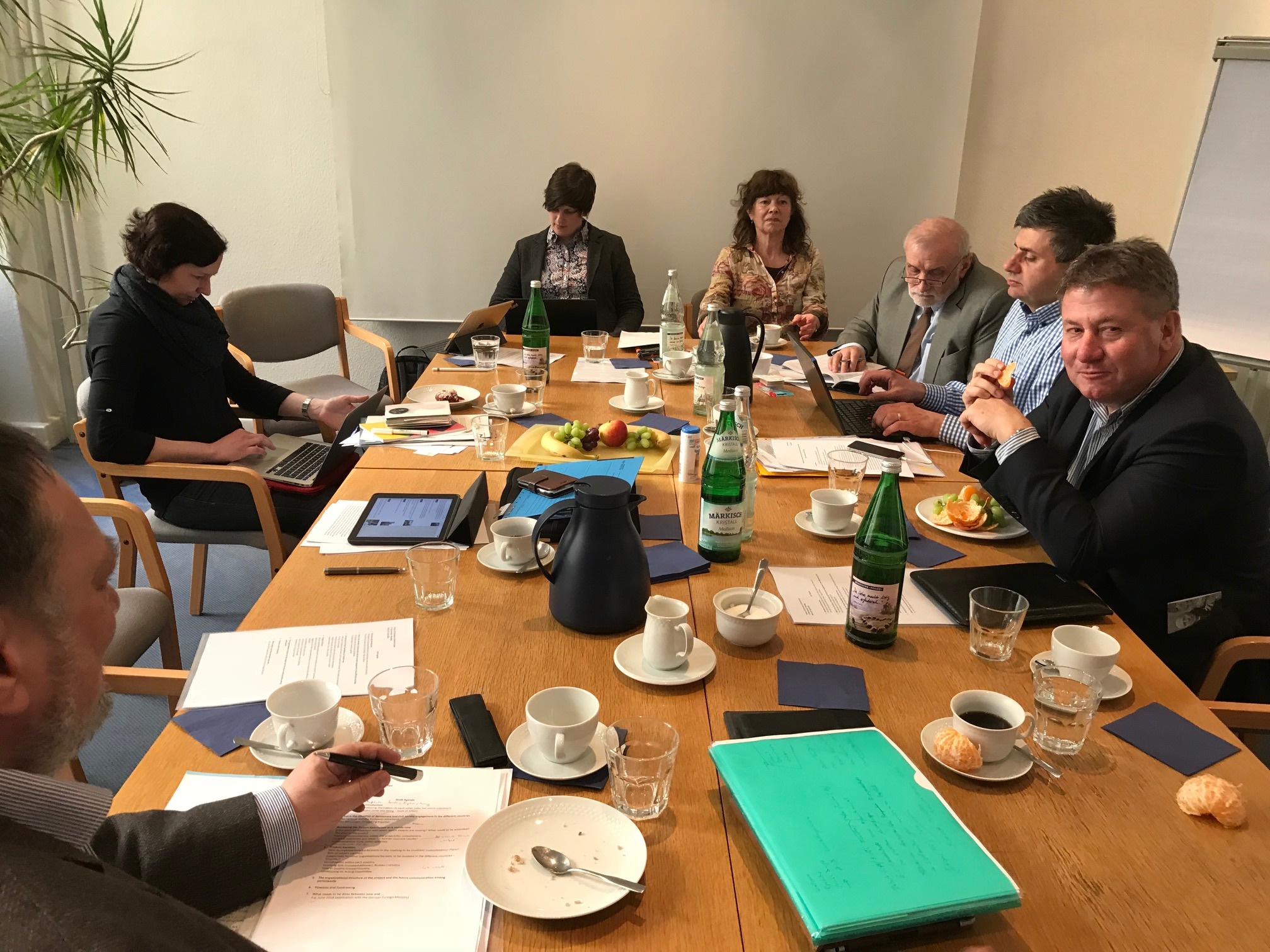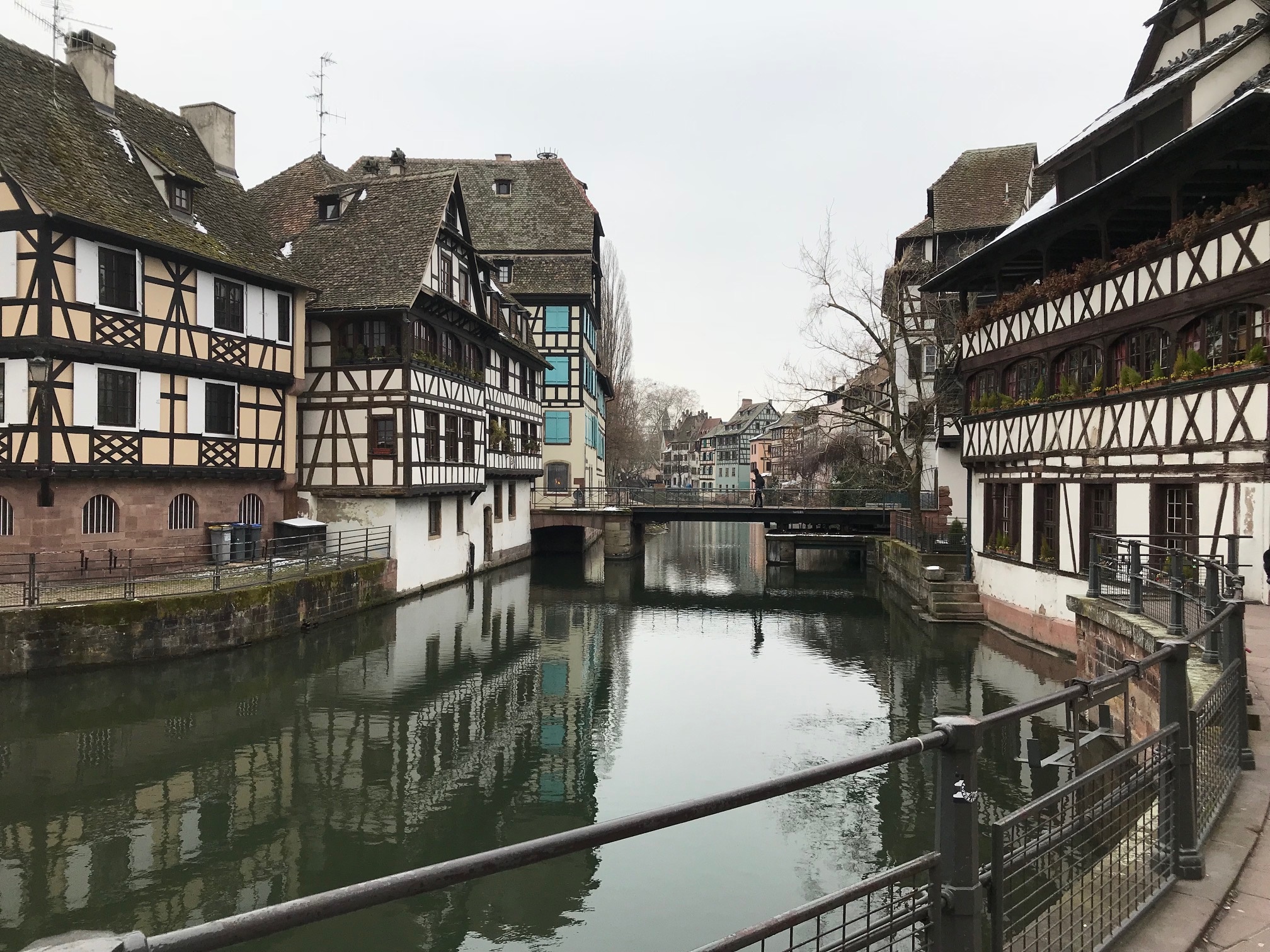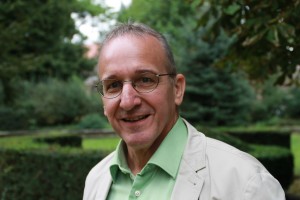By Rüdiger Noll, Executive Secretary of Oikosnet Europe
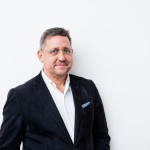 The project on strengthening civil society and deliberative democracy in Central Europe enters into its final planning stage. It is a joint project of Oikosnet Europe, the Association of Protestant Academies in Germany and the Protestant Academy in Rostock and invites academies and church-related stakeholders from Central Europe to participate.
The project on strengthening civil society and deliberative democracy in Central Europe enters into its final planning stage. It is a joint project of Oikosnet Europe, the Association of Protestant Academies in Germany and the Protestant Academy in Rostock and invites academies and church-related stakeholders from Central Europe to participate.
A first stakeholder meeting took place in April 2018 in Berlin with participants from the Czech Republic, Germany, Hungary, Poland and Sweden. The meeting reviewed the latest project description and agreed with the aims, the general direction and the set-up of the project. The potential of the project to make a difference was recognised in increasingly difficult times for democracy and peoples´ participation in Europe. Most important, however, was a reality check: which concrete steps can be taken, when civil society is discredited in some countries and the relation between church-related organisations and civil society partners is not evident (from both sides). Therefore, the discussion on target groups and driving forces in the project was crucial. The results of the stakeholder meeting will be captured in a revised project description, which will be available from noll@evangelische-akademien.de. A first funding request for the project needs to be in place by June.”
